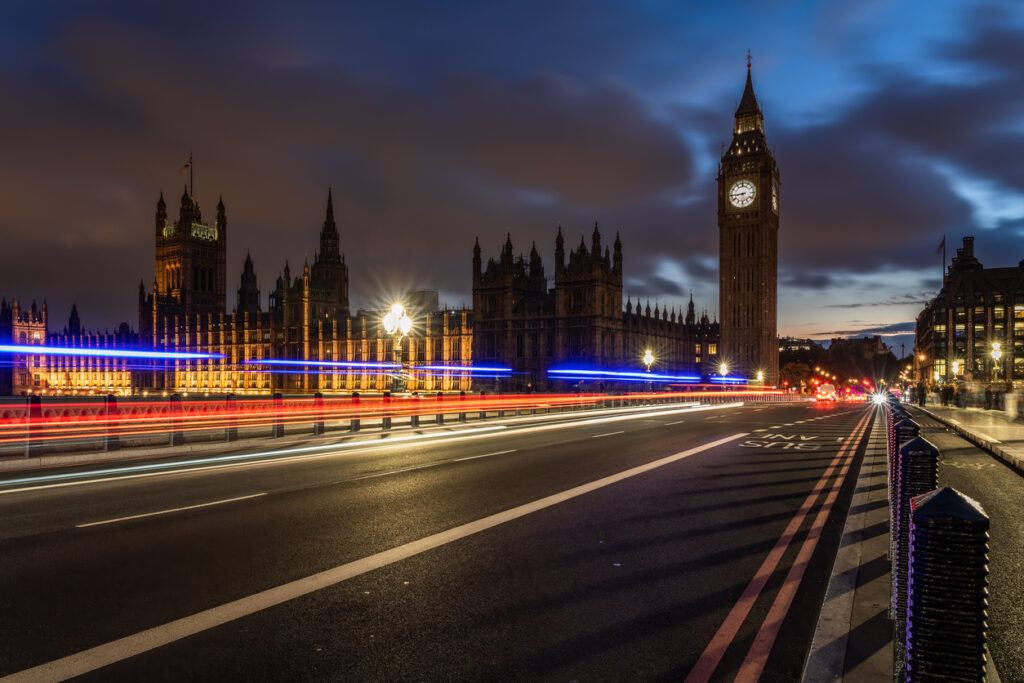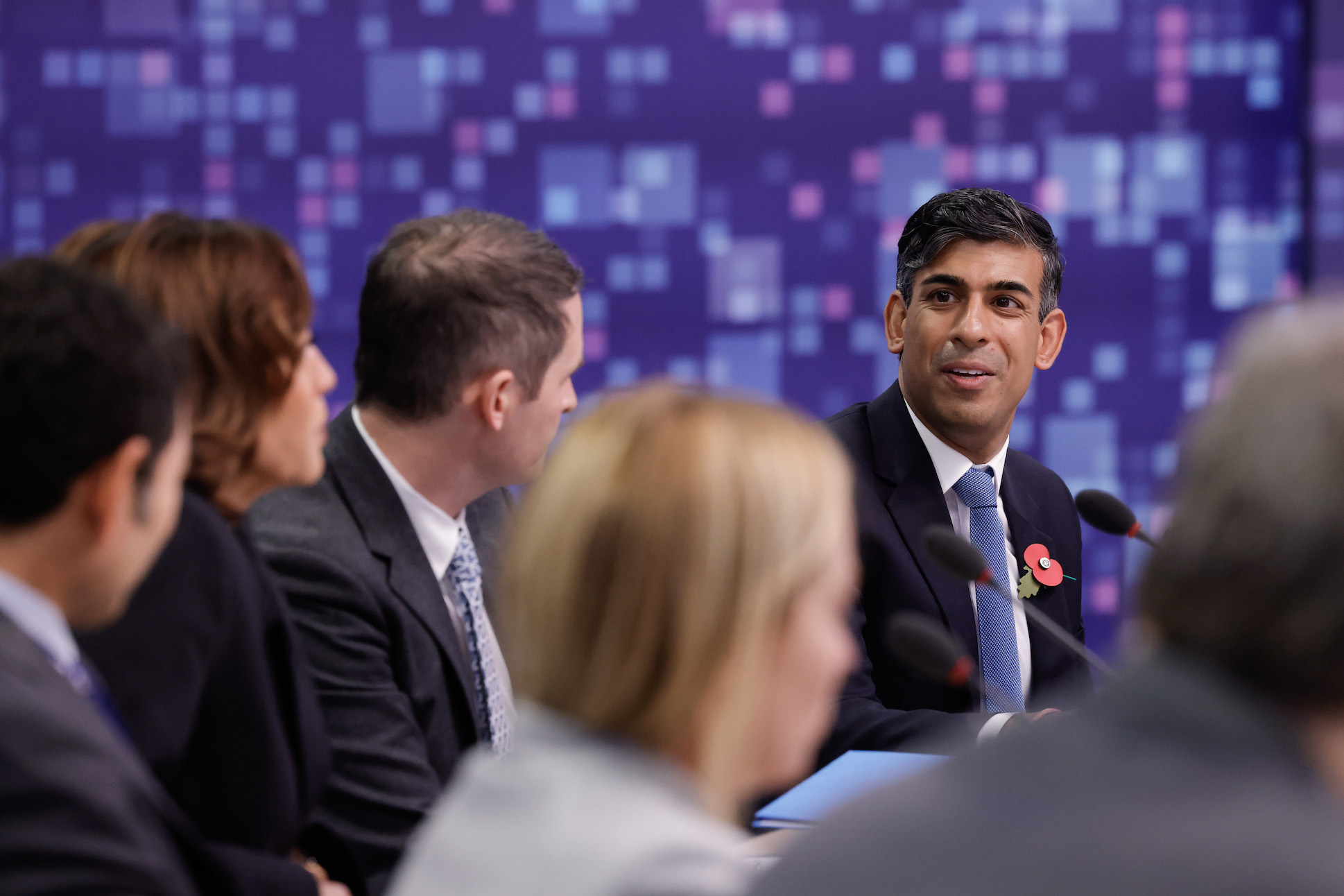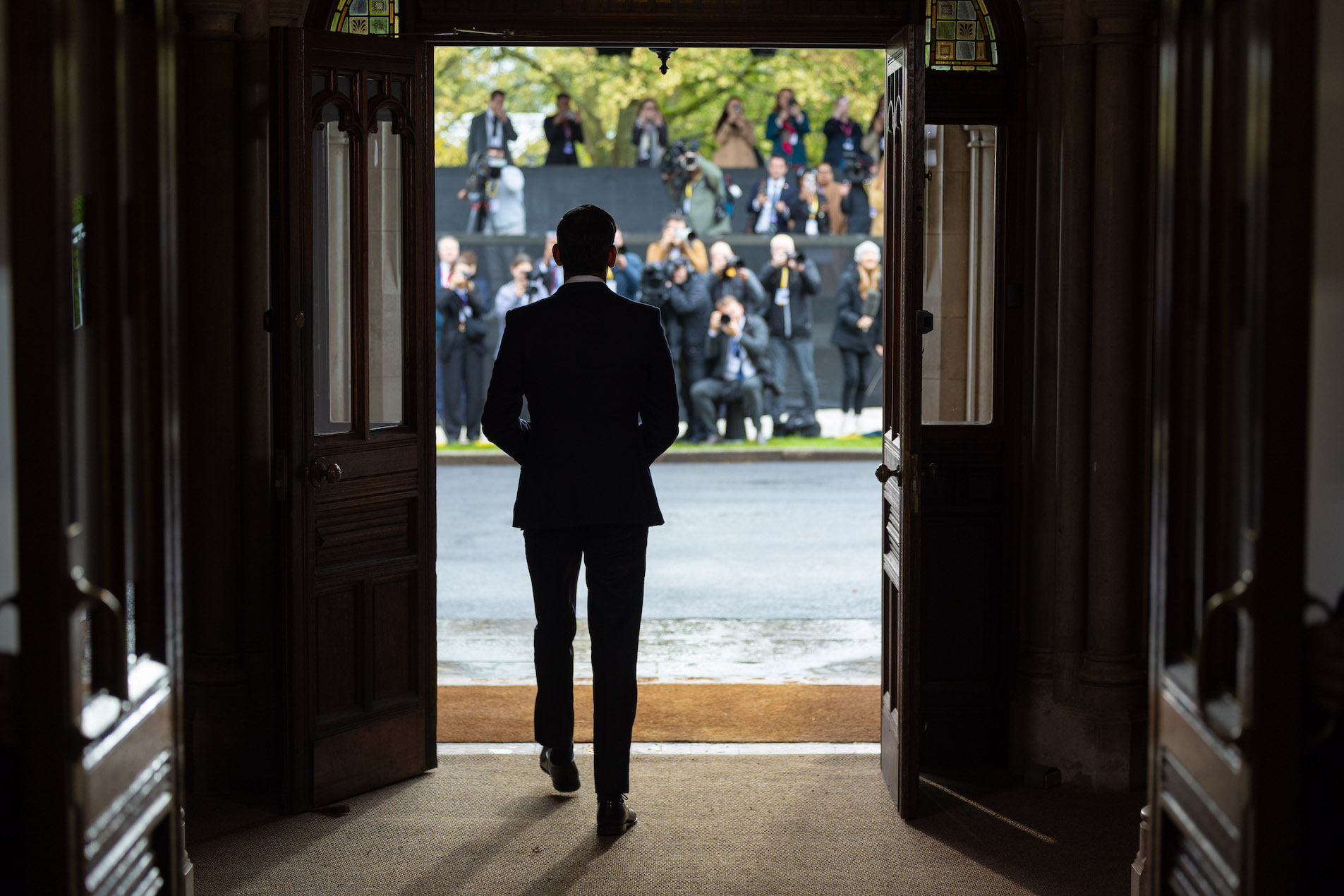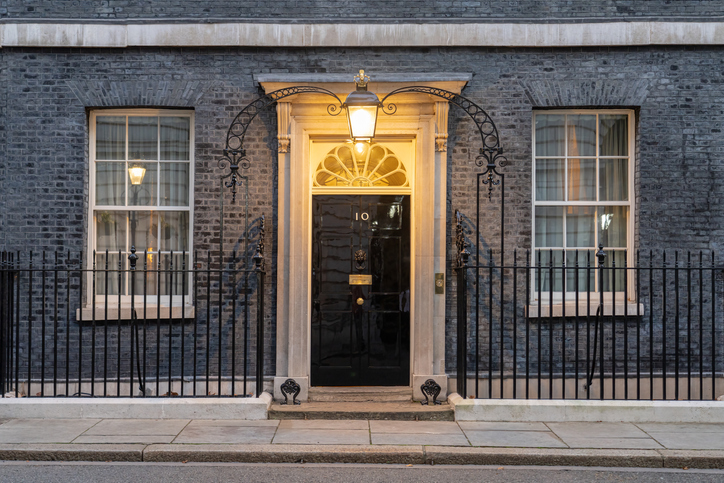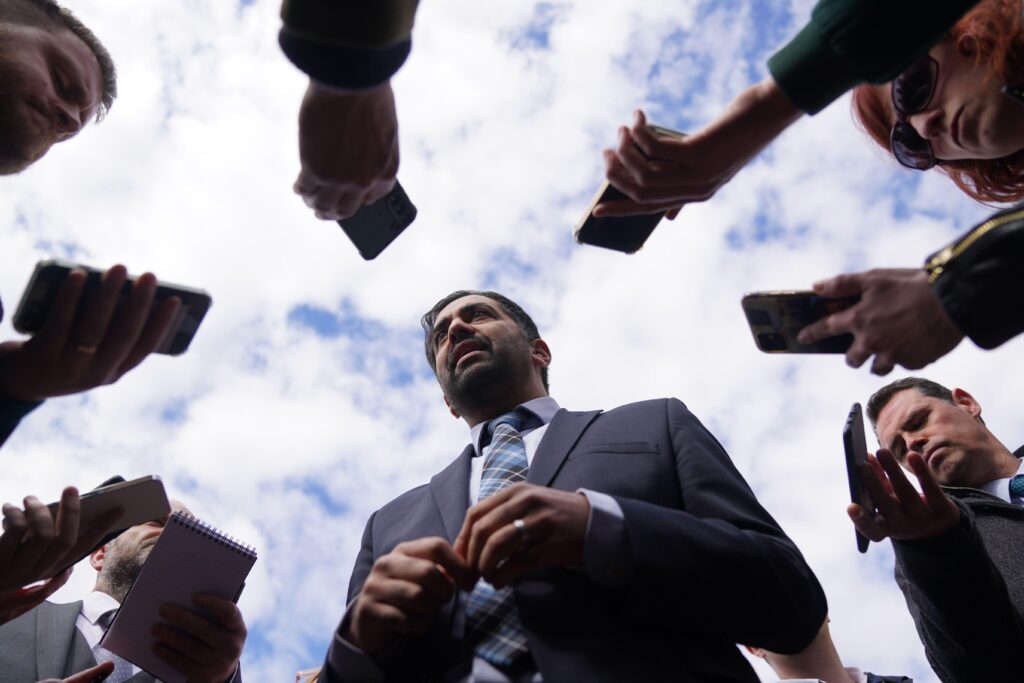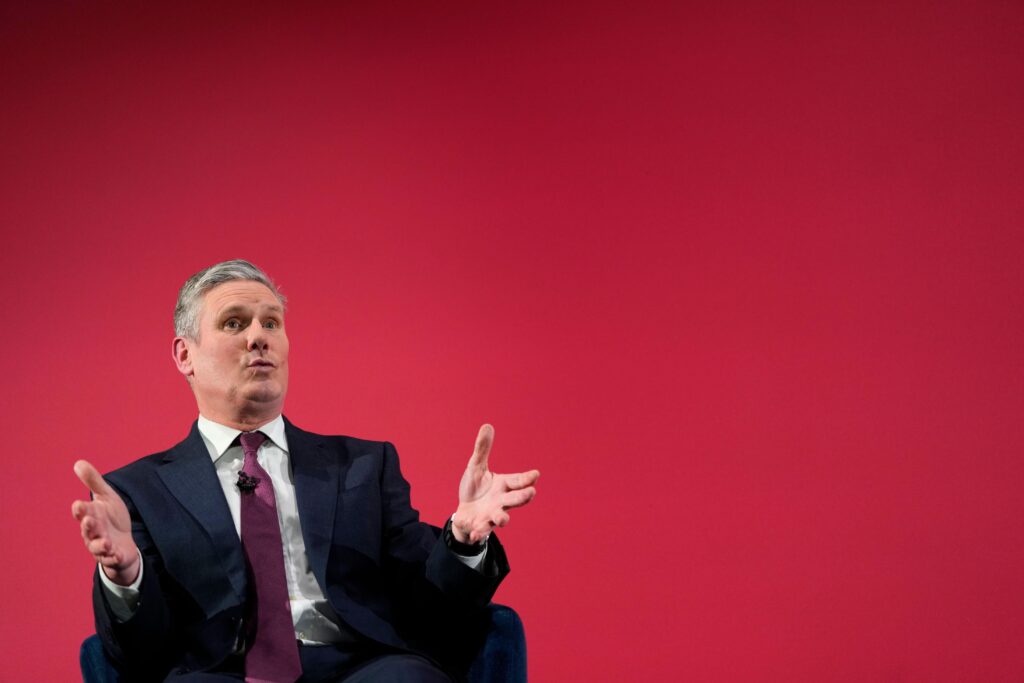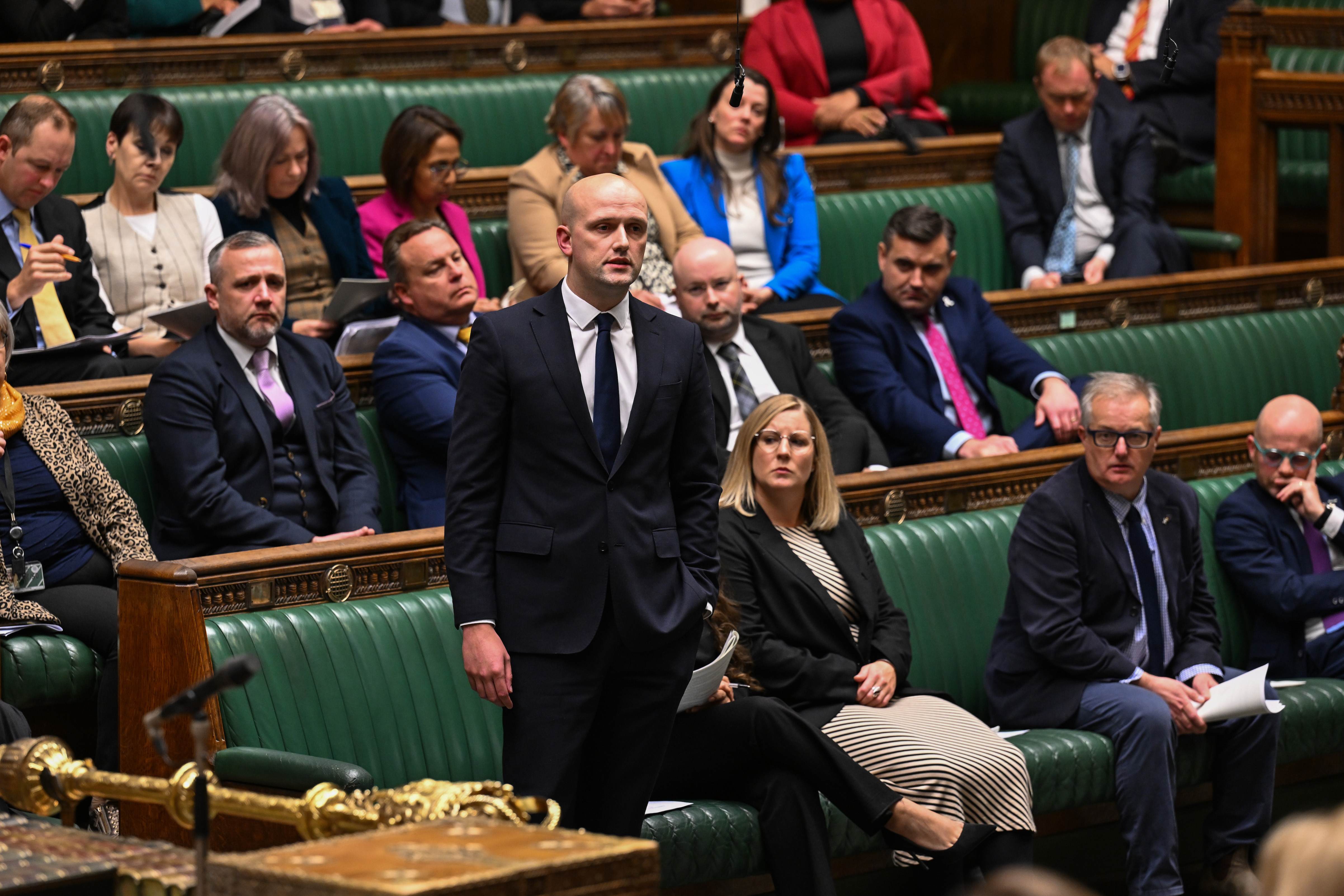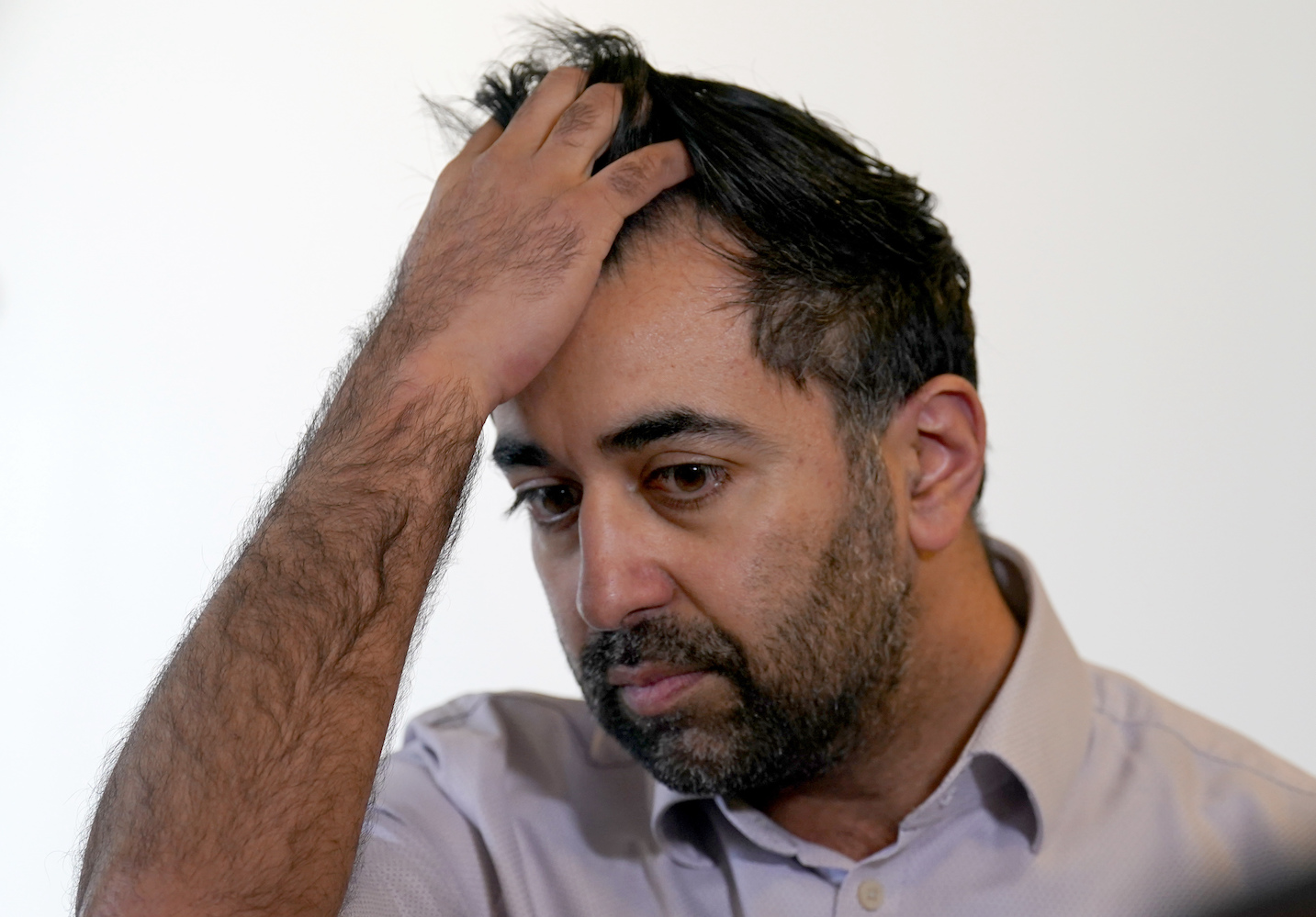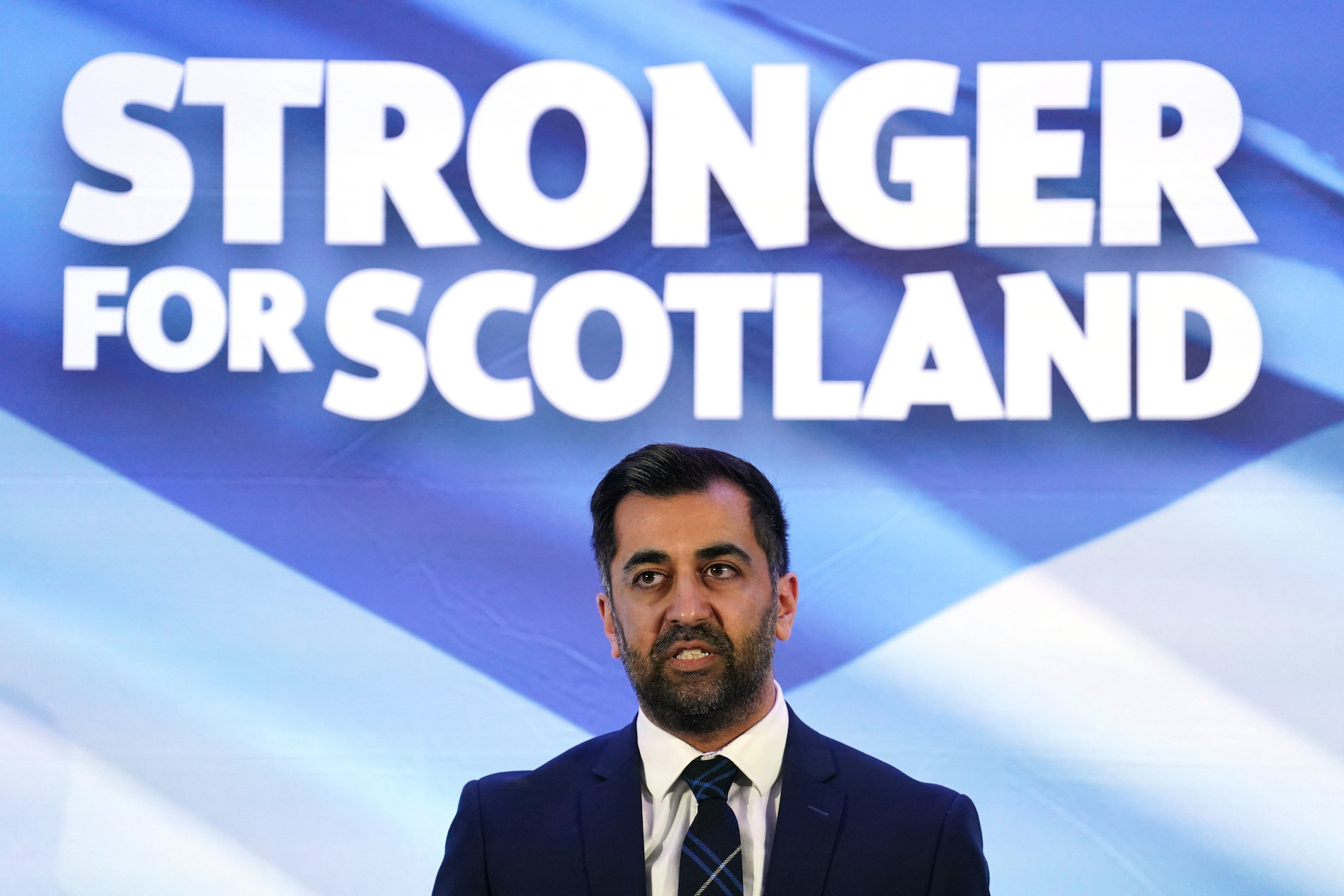In the last year, interest in artificial intelligence has exploded as programmes such as OpenAI’s ChatGPT, Google’s Bard and Amazon’s Polly have been released for everyone to use in all industries.
While AI stands for Artificial Intelligence, many experts argue this label is misleading as these programmes don’t have their own conscious ‘intelligence’. Instead, these programmes are able to rapidly develop and adapt using machine learning, which allows computers to make decisions and predictions without being directly programmed to do so. The process uses algorithms, deep learning, and a neural network to build models that can be applied to a whole host of different purposes, including eloquent and informative chatbots (also called large language models); generating detailed and accurate images from text prompts; and copying celebrities’ voices to say whatever the user wishes.
Recently, this machine learning has allowed AI technology to become an immensely powerful tool that has surprised users by how accurate and detailed it can be. The chatbot ‘Chat GPT’ reached over 100 million users just two months after launching, and companies across the globe are working at break-neck speed to implement AI programmes into their businesses and develop the technology even further.
How could AI impact politics?
Currently, AI’s impact on politics remains limited as tech companies place strict regulations on what their AI is allowed to produce, and it can’t be anything too political. While many politicians agree that these regulations should be put in place, Eric Wilson, managing partner at Startup Caucus, an incubator for Republican campaign tech, would like to see tech plans loosen these restriction, at least when it comes to properly registered campaigns and committees.
The biggest fear among AI developers and politicians when it comes to AI’s use in politics is that it could be used to create deception and help spread misinformation – undermining the democratic process. There is particular concern over the use of ‘deepfakes’ which is when AI is used to make it appear as if someone is saying or doing something they aren’t.
Deepfakes are already spreading across the internet, in 2018 a Belgian political party released a deepfake video of Donald Trump giving a speech calling on Belgium to withdraw from the Paris climate agreement. As AI advances, what is real and what is fake will become harder to distinguish, making it easier for politicians to spread convincing misinformation and undermine trust.
However, Wilson remains sanguine about the potential for AI in politics, noting that deepfakes are yet to be used by any legitimate political actor, and the best way for politicians to fight against misinformation spread by an AI model is to use other AI tools to help spot fakes.
Whatever the future regulations on AI will be, there is little doubt that its role in politics will continue to increase. In June 2023, Tony Blair delivered a speech to politicians where he remarked that AI will “change everything” and the future of politics will be “about understanding [AI] and dealing with it”.
The following month, MIT Technology Review released a policy report on testable milestones to measure the impact of AI on politics. The milestones range from having legislation drafted or testimony submitted under the name of AI (which they believe is not far from happening) to AI achieving a coordinated policy outcome across multiple jurisdictions.
What do the developments in AI mean for the UK and what is the current policy?
AI’s power and usefulness is undeniable, something politicians and influential figures are quick to acknowledge. Bill Gates called artificial intelligence the most important tech advancement in decades and is one of the most optimistic proponents of the technology.
Mr Gates regularly talks about how an AI system can be vital in improving education for the poorest; improving healthcare and diagnoses; improving business productivity; and improving the quality and cost-effectiveness of public services.
For the UK in particular, artificial intelligence provides an opportunity to become a global leader in technology, providing further jobs, wealth, and geopolitical influence. This is because the UK has already invested significantly in the sector, is home to some of the leading AI startups, and has a large talent pool. According to Tortoise Media’s Global AI Index, the UK ranks 4th when it comes to their level of investment, innovation and implementation of artificial intelligence – only behind the US, China and Singapore. According to government data, AI industries already employ over 50,000 in the UK and generate £3.7 billion for the economy.
Yet leaving the power of AI completely unregulated is clearly dangerous and has already led to job losses and an increase in misinformation. Further risks to privacy, human rights and fairness are also of great concern as the technology advances. In March 2023, an open letter was signed by tech leaders like Steve Wozniak and Elon Musk calling for a six-month halt in the development of advanced AI until we have robust governance systems.
As a result of the potential risks and benefits ofAI being both immense and uncertain, the government has yet to outline extensive and clear regulations on the technology. While the EU is close to passing an AI Act which would place significant regulation on development and use of the programmes, the UK is keen to be seen as far more open to AI innovation.
To help with this, the government launched the AI Foundation Model Taskforce in June 2023. The taskforce will be chaired by the tech entrepreneur Ian Hogarth and will be given £100 million in funding; its mission is to lead AI safety research and drive forward opportunities.
The taskforce will work within the guidance set out on the government’s white paper on artificial intelligence from March 2023. The paper is designed to provide some protections on the dangers of AI by giving guidance on how to drive safe and responsible innovation. The white paper outlines that the government has no intention of creating a separate AI regulator, but will empower existing ones to manage the risks of the technology being used in the sectors.
The white paper also outlines the government’s five key principles when it comes to its AI policy: safety, transparency, fairness, accountability, and contestability.
In the autumn of 2023 the UK government hosted a global conference on artificial intelligence at Bletchley Park with the aim of achieving a global framework on the safety of AI. It was part of Rishi Sunak’s effort to win geopolitical influence as AI becomes increasingly powerful by positioning the UK as the natural hub for efforts to regulate the industry on a global scale.
What are the Conservatives’ views on AI?
Although Mr Sunak does acknowledge the “existential risks” posed by AI (which is why he has called for an international summit), he believes the development of AI is crucial in creating wealth and geopolitical influence to help revive the Conservative’s chances of winning the next general election. Conservative governments have already invested £2.3 billion into AI since 2014 and a new 10-year plan was launched in 2021 to “make the UK a global AI superpower”.
As a result, Mr Sunak is keen to be seen as pro-innovation and pro-AI. He regularly hosts leaders from the tech world including Bill Gates and Sam Altman as well as delivering a speech at London’s Tech Week in June 2023.
In a press conference at the close of the AI Safety Summit at Bletchley Park in November 2023, Sunak acknowledged that “binding” rules are likely to be needed for the technology
However, he clarified that now is not the time to move quickly with legislation. The Bletchley Park agreement – which recognises that governments and companies have a role to play in ensuring external vetting of AI – serves as an example of what the government should be doing, he insisted.
Rishi Sunak declares achievements of AI summit ‘will tip the balance in favour of humanity’
Some Conservative MPs are more concerned by the risks posed by artificial intelligence. In May 2023, former Justice secretary Robert Buckland warned that the government needs to implement more regulation to mitigate the potential risks to justice and human rights posed by AI.
What are Labour’s views on AI?
Like the Conservatives, Labour remains optimistic about AI’s potential but would ultimately go about regulating it in a different way. Keir Starmer has also spoken about the benefits of AI but made it clear that if it’s not managed properly, It could lead to job losses mirroring those from the deindustrialisation of the 1980s.
Peter Kyle MP, shadow technology secretary, has said Labour would urgently introduce binding requirements for companies developing powerful artificial intelligence.
Labour has promised to force firms to report before they train models over a certain capability threshold and to carry out safety tests strengthened by independent oversight if it wins the next election.
Kyle said: “AI has the potential to transform the world and deliver life-changing benefits for working people. From delivering earlier cancer diagnosis, to relieving traffic congestion, AI can be a force for good.
“But to secure these benefits we must get on top of the risks and build public trust. It is not good enough for our ‘inaction man’ Prime Minister to say he will not rush to take action, having told the public that there are national security risks which could end our way of life.”
Lucy Powell, the former Shadow Secretary of State for Digital, Culture, Media and Sport has a slightly different vision for AI and according to a Politico report from July 2023, worked to soften Labour’s stance against big tech, but argued for more stringent AI regulation to protect workers’ rights.
Quotes
“The development of AI is as fundamental as the creation of the microprocessor, the personal computer, the Internet, and the mobile phone. It will change the way people work, learn, travel, get health care, and communicate with each other. Entire industries will reorient around it. Businesses will distinguish themselves by how well they use it.” Bill Gates, March 2023
“Advanced artificial intelligence could represent a profound change in the history of life on Earth, and should be planned for and managed with commensurate care and resources. Unfortunately, this level of planning and management is not happening, even though recent months have seen AI labs locked in an out-of-control race to develop and deploy ever more powerful digital minds that no one – not even their creators – can understand, predict, or reliably control.” Open letter signed by tech experts including Elon Musk and Steve Wozniak
“AI is one of this Government’s five technologies of tomorrow—bringing stronger growth, better jobs, and bold new discoveries. As a general purpose technology, AI is already delivering wide social and economic benefits, from medical advances to the mitigation of climate change.” Michelle Donelan,The Secretary of State for Science, Innovation and Technology
“Let us seize this opportunity of modernisation and reform, remembering this is about people and our country. We can put the technology revolution at the heart of our political agenda, our vision for a modern, reformed Britain. A strong, successful and sustainable economy. A technology revolution that works in the interests of the British people. A Britain that is upgraded so that it works once again.” Darren Jones, Labour MP
“It seems probable that once the machine thinking method had started, it would not take long to outstrip our feeble powers… They would be able to converse with each other to sharpen their wits. At some stage therefore, we should have to expect the machines to take control.” Alan Turing, founder of the computer.
Rishi Sunak warns of ‘new dangers and new fears’ to come with AI — PM’s speech as it happened










